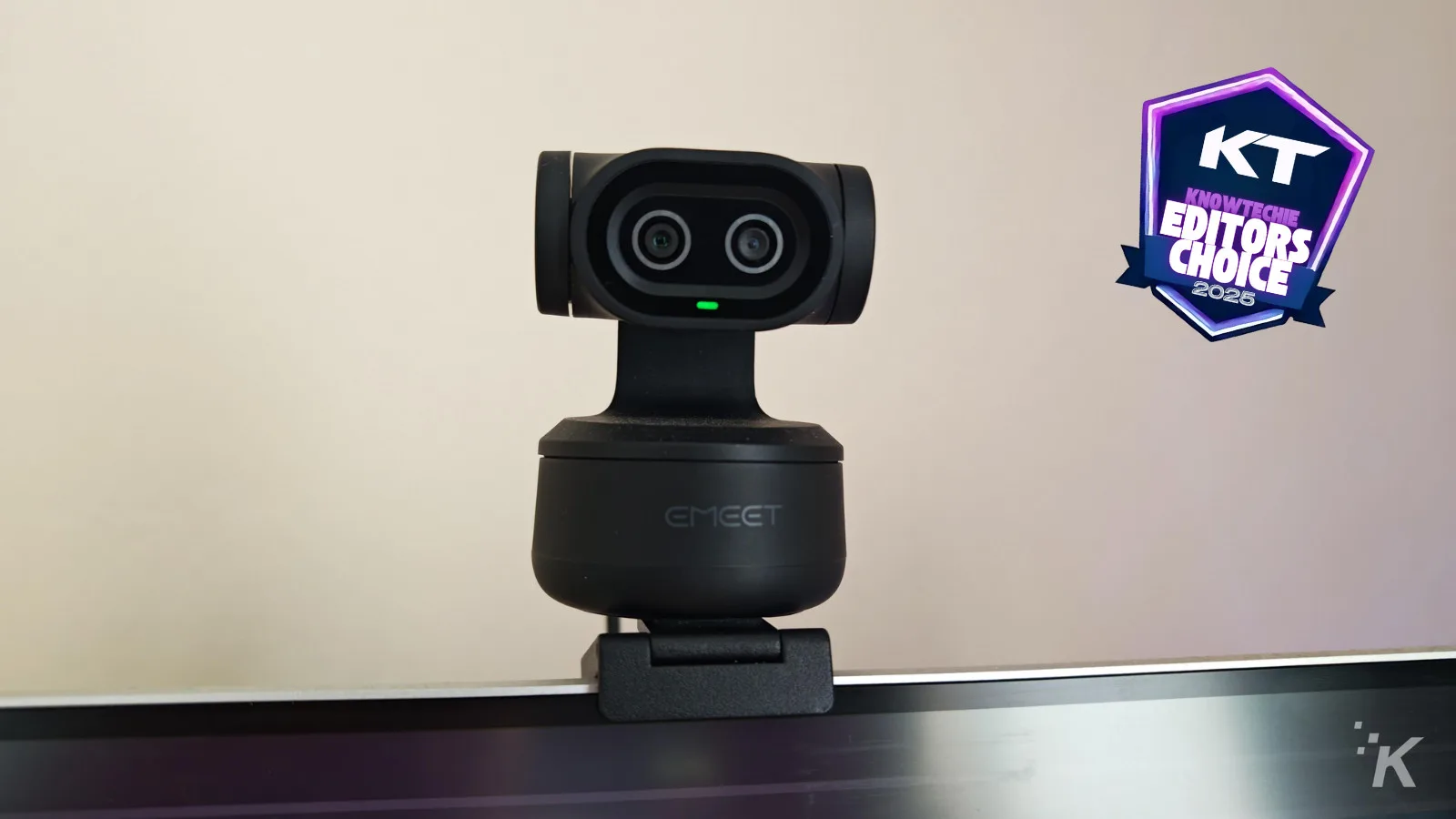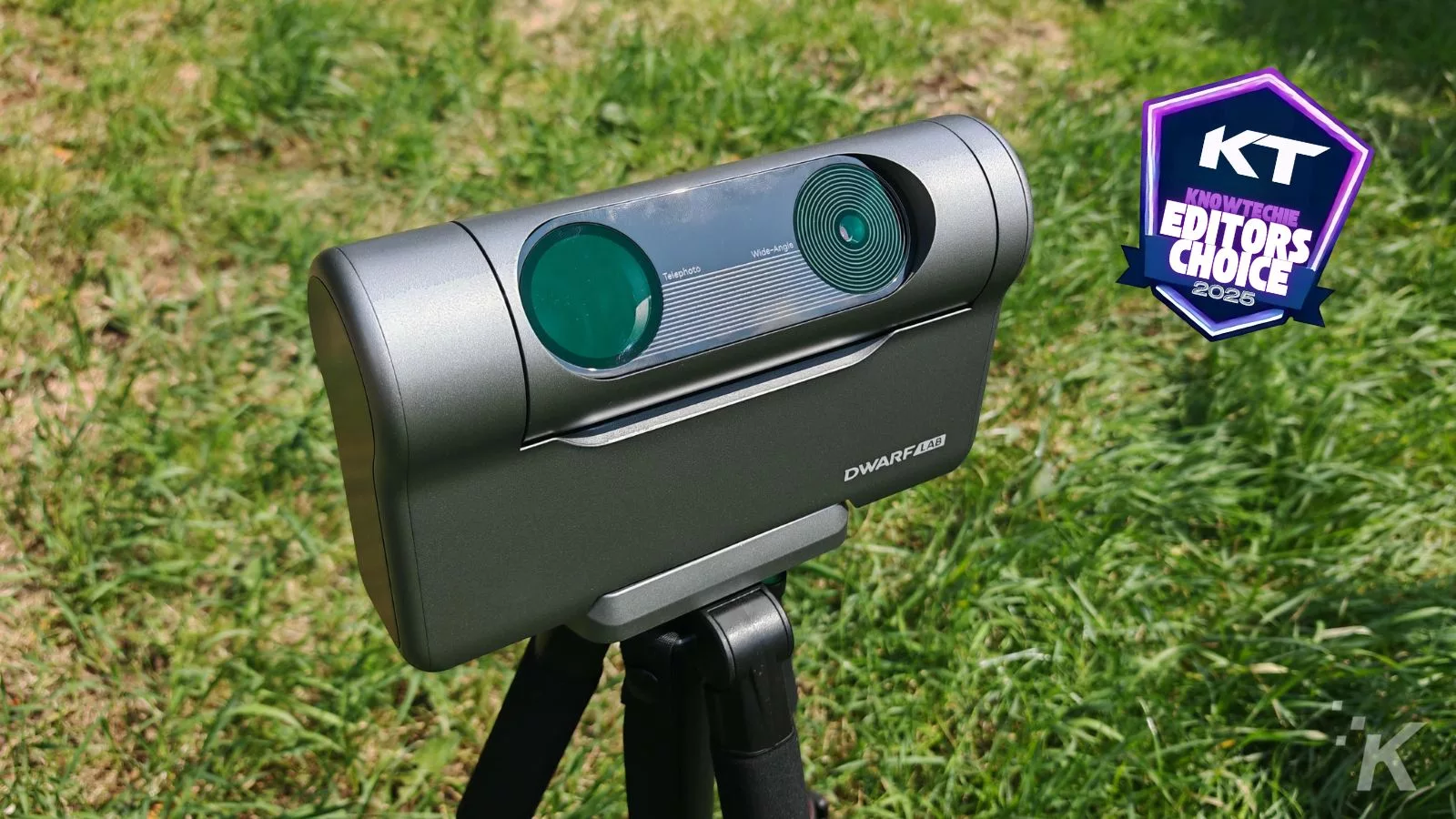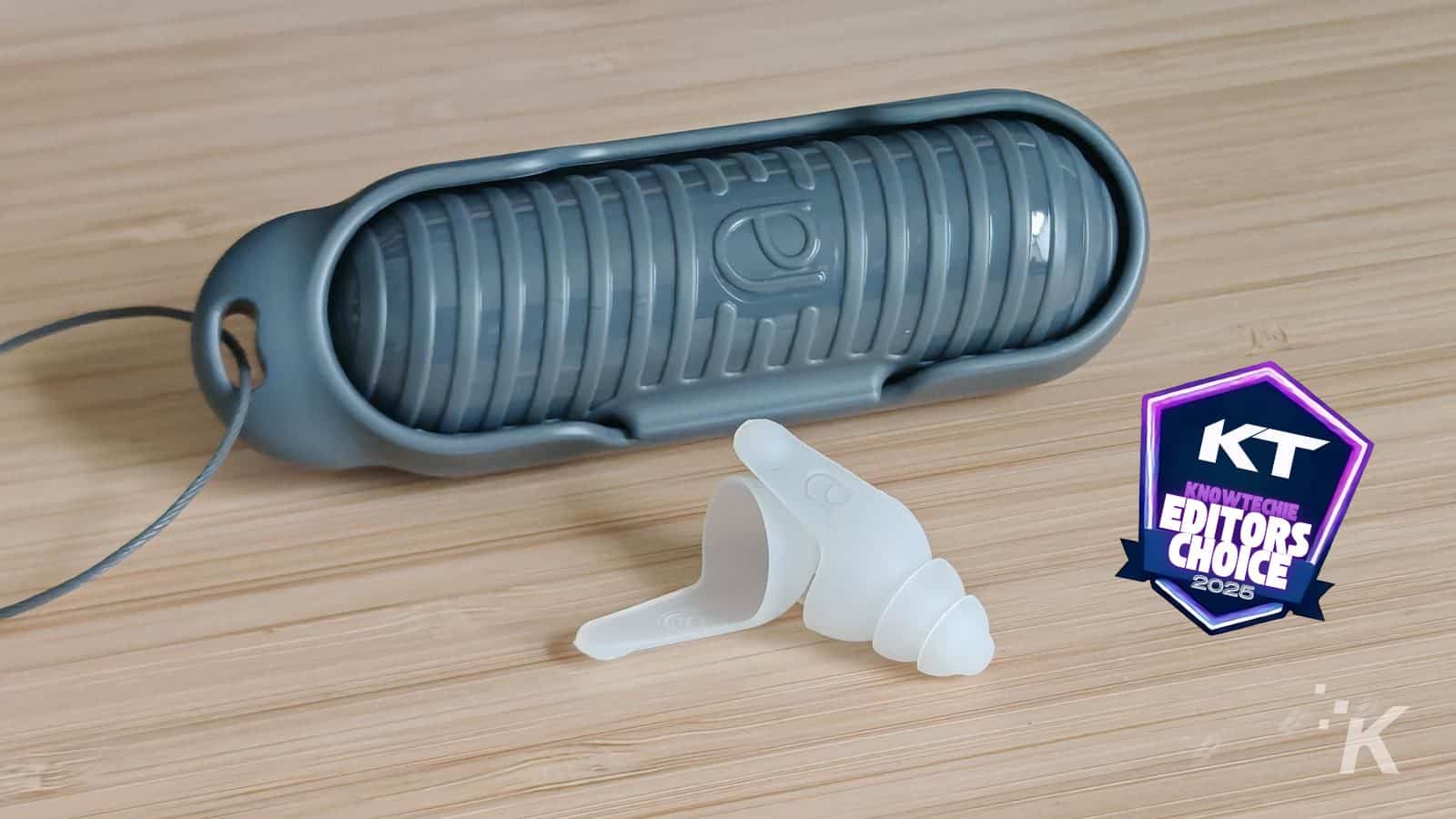

Business
From AR displays to hypoallergenic frames, eyewear is evolving fast
New advances in eyewear are redefining wearable tech and driving global growth.
-


Apple
/ 3 months agoApple intelligence delay leads to lawsuit for misleading consumers
The plaintiffs are seeking the class action status and damages for consumers who purchased an Apple device with Apple Intelligence support.
-


Business
/ 4 months agoIntel appoints former board member Lip-Bu Tan as new CEO
Tan is set to officially take the reins on March 18 during one of the most tumultuous eras of the company.
-


Apple
/ 4 months agoApple, Indonesia reach an agreement to lift iPhone 16 ban
Indonesia's Ministry for Industry has accepted Apple’s offer to invest $1 billion in an R&D academy and probably an AirTag factory.
-


Apple
/ 4 months agoApple pledges $500bn investment in the US amid tariff threat
The investment plan involves a new server facility in Houston, doubling the US Advanced Manufacturing Fund, a new manufacturing academy, and...
-


Apple
/ 5 months agoApple raises trade-in values for Macs in its new promo
You can get up to $50 higher values for the older Macs through April 2nd.
-


Apple
/ 5 months agoAppleCare+ prices hiked for all iPhone models
The monthly AppleCare+ subscription, only for all the iPhone models, got a 50-cent hike.
-


Business
/ 5 months agoBoosting tech innovation with smarter data collection
Unlocking the potential of big data and artificial intelligence in tech innovation, discover the power of smart data collection in product...
-


Apple
/ 5 months agoIndonesia to lift iPhone 16 ban soon, says local politician
Apple may have offered a new deal to the Indonesian government, which will likely go through within one or two weeks.
-


Apple
/ 6 months agoiPhone sales in China drop as Apple Intelligence rollout struggles
To launch Apple Intelligence smoothly, Apple needs to make a deal with the devil or a local AI company in China.
-


Business
/ 6 months agoNothing plans expansion in the US after a successful 2024
The London-based company wants to raise $100 million with its eyes set on the US market for 2026.
-


Apple
/ 7 months agoApple to open physical and online stores in Saudi Arabia
Apple will launch its first online store in the Kingdom of Saudi Arabia in the summer of 2025, while several flagship...
-


Apple
/ 8 months agoApple cuts iPhone 16 order volume, hinting at lower demand
The non-Pro models saw orders being cut by 10 million, while iPhone 16 Pro sales go strong.
-


Apple
/ 9 months agoApple will now display verified business logos in its apps
You can sign up for the Apple Business Connect feature starting today.
-


Business
/ 9 months agoMeta does more layoffs across Instagram, WhatsApp and more
We are unsure of the numbers, but this is Meta’s fifth layoff spree since November 2022.
-


Business
/ 1 year agoStoryboarding and visual storytelling with the Apple Pencil
Note-taking apps and smart pens enhance storyboarding, letting creators focus on their vision with powerful technology.
-


Business
/ 1 year agoKey factors determining the cost of building a SaaS app
Understanding the numerous cost factors, from development time to technology stack, is essential when venturing into building a valuable and successful...
-


Business
/ 1 year agoHuawei’s laptop division effectively ended by US chip ban
Huawei struggles as the US revokes Intel and Qualcomm export licenses, halting its laptop production. Learn more about the latest chip...
-


Business
/ 1 year agoMicrosoft is once again putting ads in Windows 11
We didn't want this the other times you tried, Microsoft.
-


Business
/ 1 year agoThe best SEO tools for everyday use
SEO tools can range from spectacular to incredibly useless, and the best SEO tools to use daily include Search Console, WebCEO,...



































